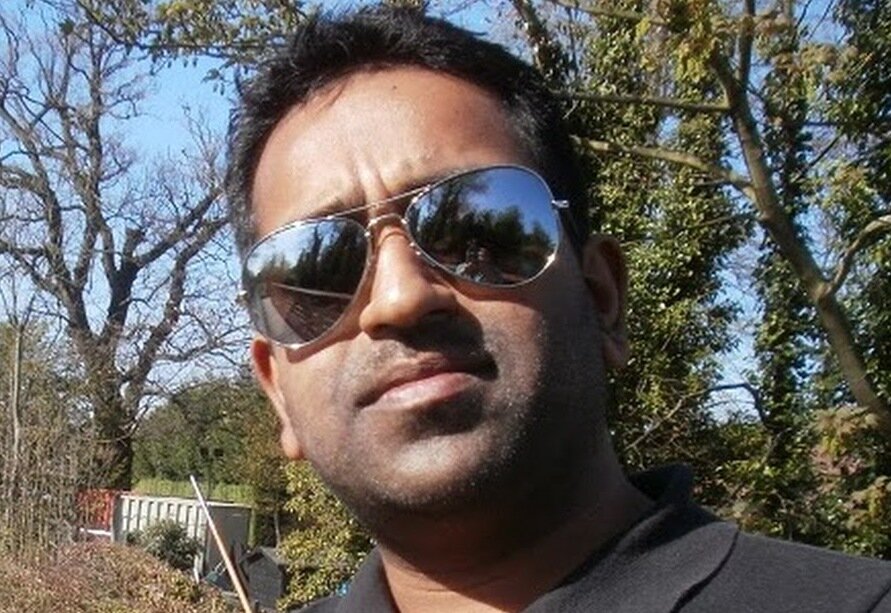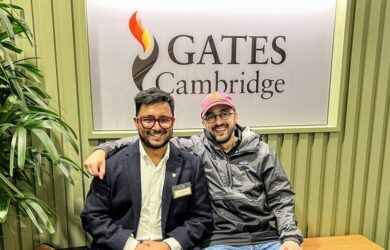
Pradipta Biswas is part of a team that was a finalist in the prestigious National AI Awards
An interactive and immersive digital twin project for real time monitoring of buildings was a finalist for the AI Innovation Award at the UK National AI Awards.
The project used state-of-the-art virtual and augmented reality systems and followed a user-centred design process to develop multimodal interaction with an Augmented Reality or Virtual Reality system.
Gates Cambridge Scholar Pradipta Biswas [2006] was part of a team from the Indian Institute of Science which trialled the project at BT’s office premises in Bangalore. The team had earlier worked on similar technology for developing a mixed reality digital twin of a smart manufacturing set-up. The BT team has previously developed and deployed a VR-based digital system for its offices in Ipswich.
The digital twin project investigated how this could be extended to various BT offices both in India and the UK. It involved modelling a digital twin of an existing office space and using it to create a dataset of individuals in different postures, dress and locations and to visualise both environmental factors and human behaviour. Combining this with computer vision technology which automatically detects human beings in the field of view of a camera it can measure the social distance between individuals to enhance workplace safety.
The research also contributed to the recent India-UK agreement on 5G technology. Pradipta is Associate Professor at the Department of Design and Manufacturing and associate faculty at Robert Bosch Centre for Cyber Physical Systems at Indian Institute of Science, Bangalore.
*A paper on the project, co-authored by Pradipta, was published earlier this year.












